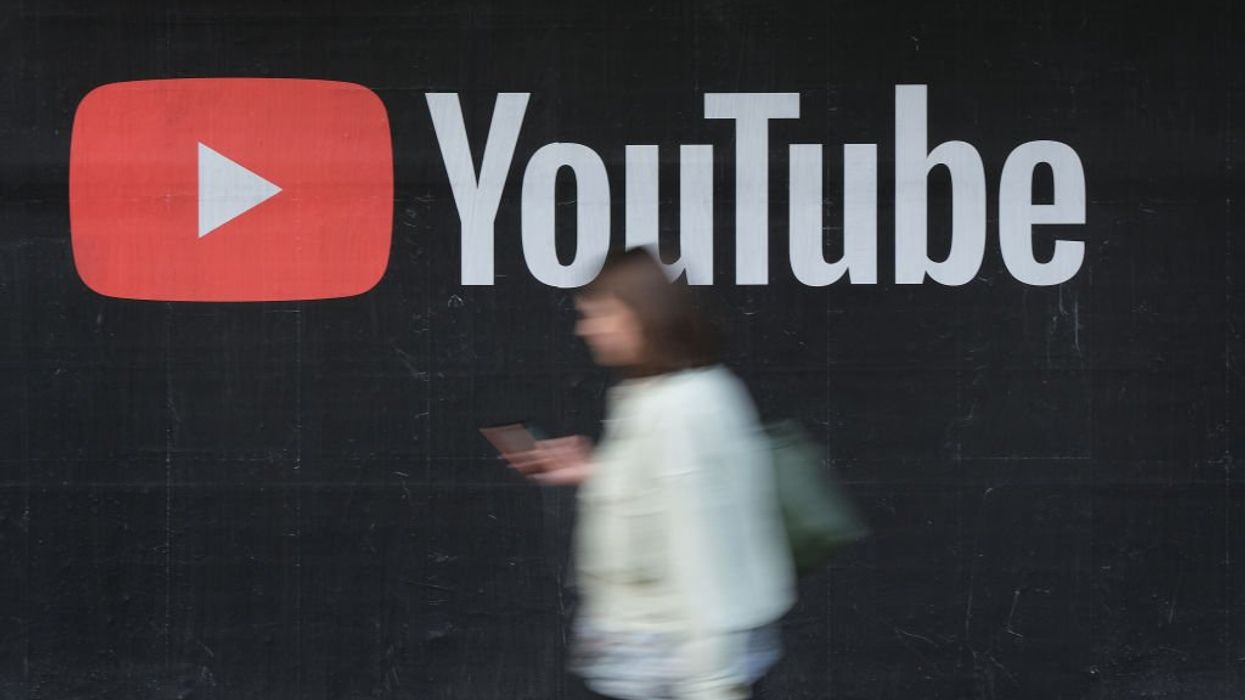
Photo by Sean Gallup/Getty Images

YouTube announced Tuesday a new policy framework to crack down on "medical misinformation" posted by users on its platform.
On Tuesday, the video-sharing platform shared its "long term vision" for "medical misinformation policies," including content regarding cancer treatments.
YouTube stated it is committed to hosting "high-quality health content" that aligns with "local and global health authority guidance on topics that pose serious real-world risks, such as misinformation on COVID-19, vaccines, reproductive health, harmful substances, and more."
"These policies will apply to specific health conditions, treatments, and substances where content contradicts local health authorities or the World Health Organization (WHO)," YouTube added.
The platform claimed it aims to clarify its guidelines for users and clamp down on "egregiously harmful content while ensuring space for debate and discussion."
"To determine if a condition, treatment or substance is in scope of our medical misinformation policies, we'll evaluate whether it's associated with a high public health risk, publicly available guidance from health authorities around the world, and whether it's generally prone to misinformation," the company stated.
YouTube plans to separate its "misinformation guidelines" into three categories — prevention, treatment, and denial.
For example, it explained that content that "contradicts" the "safety and efficacy of approved vaccines" will be subject to removal. Content sharing "unproven remedies" for various conditions will also be banned. Additionally, videos that deny the existence of certain conditions would go against the platform's policies and be removed.
YouTube intends to focus on "removing cancer treatment misinformation."
"Starting today and ramping up in the coming weeks, we will begin removing content that promotes cancer treatments proven to be harmful or ineffective, or content that discourages viewers from seeking professional medical treatment. This includes content that promotes unproven treatments in place of approved care or as a guaranteed cure, and treatments that have been specifically deemed harmful by health authorities. For instance, a video that claims 'garlic cures cancer,' or 'take vitamin C instead of radiation therapy' would be removed," YouTube said.
It stated that it "may" carve out exceptions for content that includes "personal testimonies or content that discusses the results of a specific medical study."
"Debate and discussion are critical to the advancement of science and medicine," YouTube claimed. "One element we consider is public interest. This means that we may allow content that is sufficiently in the public interest to remain on YouTube, even if it otherwise violates our policies."
Like Blaze News? Bypass the censors, sign up for our newsletters, and get stories like this direct to your inbox. Sign up here!